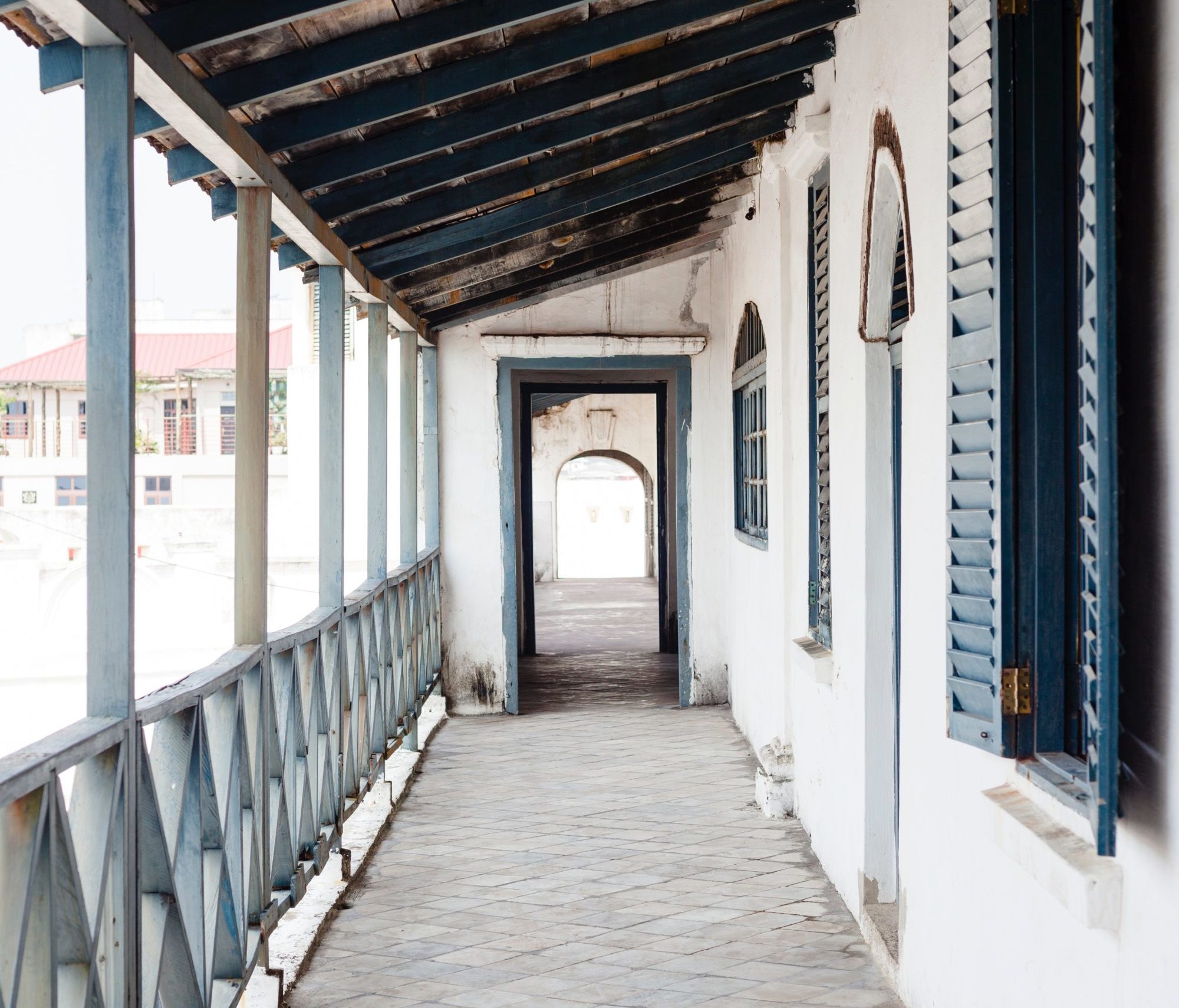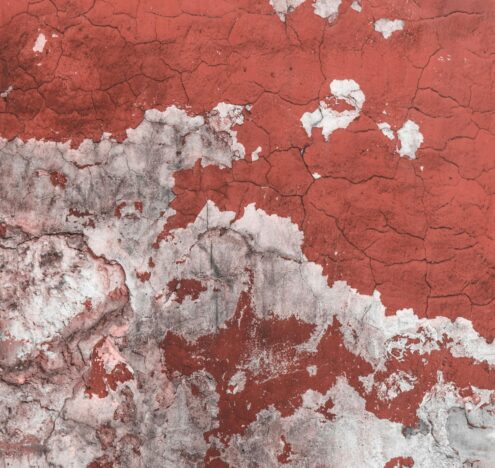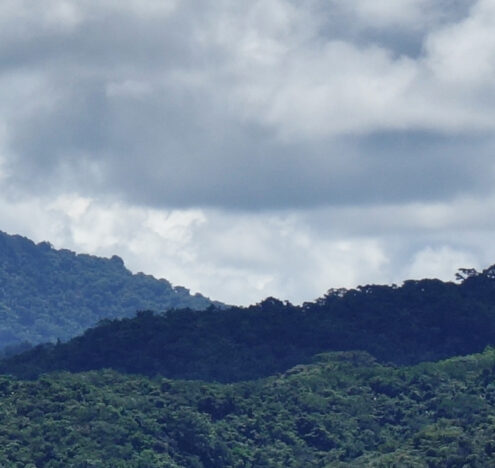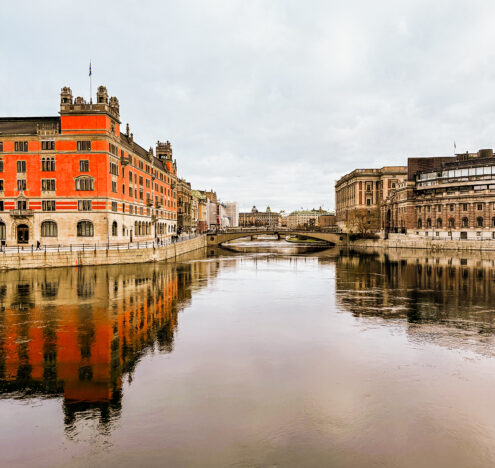John Mahama was the Fourth President of the Fourth Republic of Ghana from 2012 to 2017. His presidency came during a period of unprecedented growth, despite the fact that West Africa faced some security challenges, including the Ebola crisis and the rising threat of terrorism. The latter was the largest security challenge the region had faced since the end of the civil wars in Liberia and Nigeria. The French intervention in Mali occurred during Mahama’s presidency. He also served as the chair of the Economic Community of West African States (ECOWAS) and sought to develop improved security infrastructure within the region. Since leaving office, Mahama has continued to be involved in working on African security challenges and recently served as the head of a Commonwealth of States observer mission to Sierra Leone. Mahama has recently announced his intention to contest the 2020 Presidential election in Ghana.
Q: You were passionate about the need for ECOWAS to create a rapid deployment force to fight terrorism and other issues. Do you feel substantial progress was made on that issue?
A: Actually, I think the most progress on this issue was made at the continental [African Union] level, to make a standing force was not quite there yet. South Africa has played a leading role in this process.
I think from the ECOWAS perspective, after what happened in Mali [in 2013] we realized that there was a clear need to develop a standby rapid deployment force within Mali. The ECOWAS countries saw a terrorist threat emerge in Mali that threatened to overrun the country. There was no ready standby force. The French flew in commandos to hold them back until a larger force could arrive. There is an absolute need for ECOWAS countries to develop such a capacity which can rapidly be deployed to hold a situation until a larger force is available from countries that will provide troop contributions. It is something that, at the regional level, we will continue to discuss.
[Ed. Note: The pending membership of Morocco in ECOWAS could add a member country with experience deploying its armed forces within the continent and beyond, such as the Moroccan force in Yemen.]
Q: You were in office from 2012 to 2017. You took over when then President John Atta Mills died in office, and you subsequently stood for re-election in 2012 and won. What do you see as the main achievement of your presidency regarding improving security in the region?
A: Ghana does not face any existential threats, and our largest threat remains terrorism. There is no direct terrorist threat at present but, the possibility is there. We have seen terrorism plague a lot of our neighbors. We have seen what happened in Côte d’Ivoire and just a few days ago, another terrorist attack in Burkina Faso, which faces a lingering insurgency and with which we share a border in the north. Our intelligence suggested that a terrorist attack could happen in Ghana but, no plot has materialized due to our diligence.
While I was president, I took an interest in overseeing the development of anti-terrorist groups both within the armed forces and the police forces. For any domestic situation, these groups will be able to respond quickly, and their increased training will help them in other tasks. I think that this was a first step not only to solving the challenge of terrorism but, I think that investing in such institutions will improve the general security and public order in Ghana.
Criminal activity is another security challenge in Ghana. In Ghana, sophisticated armed robberies and criminal activity remain an issue. Intelligence gathering and increasing the readiness of our security forces was a priority. We have seen an unprecedented period of economic growth in Ghana and for that to continue, the population must feel safe so that investment can continue and growth will continue. Ghana has had nearly two decades of strong economic performance — this must be protected.
As president, I introduced police visibility patrols at all the highway major intersections in the major cities. This policy brought crime down, and I hope that the current government of Ghana continues that policy so that ordinary citizens can go about their duties and Ghana will continue its reputation as an oasis of peace.
Q: What is your advice to the current president, Nana Akufo-Addo?
A: I think that one of the major things that Ghana gets credit for is having built a stable democracy. We have held peaceful elections seven times since 1992 and power has swung between political parties without violence. Politics is not a life and death struggle in Ghana. Ghana offers an example to the continent that you can achieve democratic political consolidation and prosperity for your people at a time these values are being questioned. That is if you continue to develop it at all levels of society.
That is the lesson of Ghana, that democracy unleashes the creative potential of the people. As I mentioned earlier, from 1992- 2018 we have seen both sustainable economic expansion and economic growth. A more extended period than at any other time in Ghana’s history. Thus, Ghana has benefited from a democracy dividend that has brought peace and growth — things all countries aspire to achieve.
Q: You were the first President of Ghana to visit Iran and welcomed then Iranian President Ahmadinejad to Accra. Iran has a mixed record on the continent. What can you tell me about Iranian-Ghanaian relations?
A: Iran and Ghana have had a relationship from the time of our first republic – when they both belonged to the Non-Aligned Movement. So we have had relations with Iran for a very long time… Iran has not shown any adversity toward Ghana, it continues to remain a friend… Iran has not done anything wrong, it has built a clinic that is attending to the medical needs of poor people in an area close to some depressed settlements, and they have provided medical care to those people. Iran has established a university in Ghana that does not proselytize or show any religious intolerance. This university is open to anyone — Christians, Muslims, Buddhists, anyone.
Joseph Hammond has reported in Africa, Eurasia, and the Middle East. He was one of the last journalists to embed with the M23 rebellion in the Eastern Congo.





















